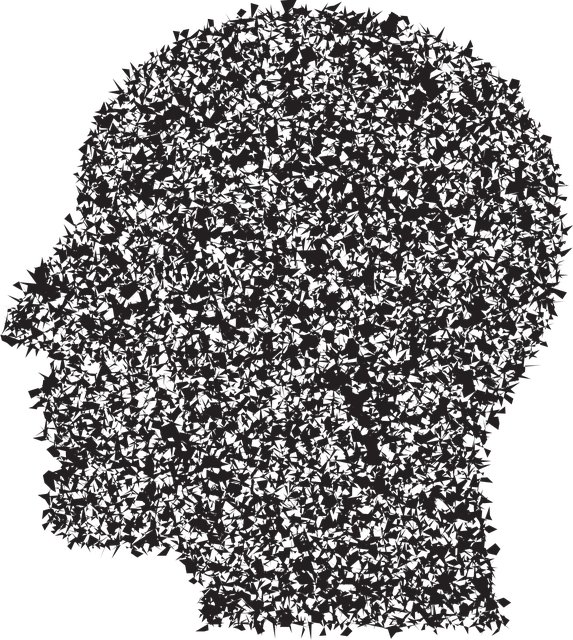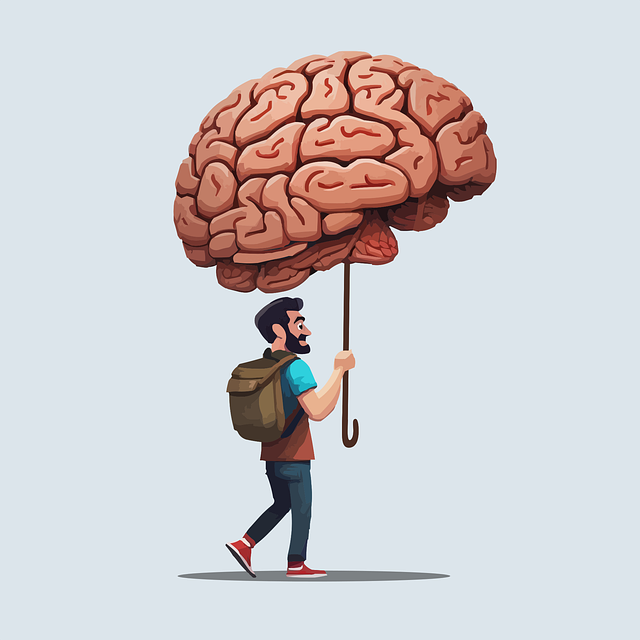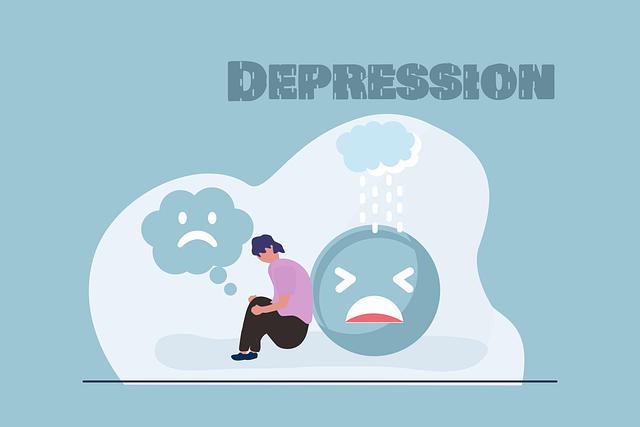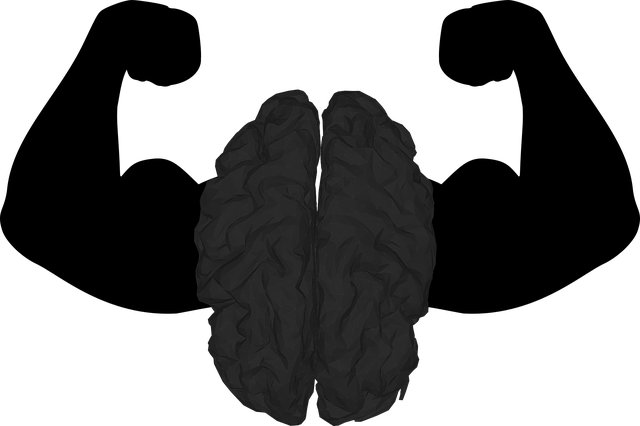In today's digital age, understanding the intricate interplay of Relationship, Functioning, and Meaning (RFM) is crucial for elder well-being. Therapy for Elders Relationship Issues addresses significant challenges like isolation and loneliness due to age-related changes. This holistic approach includes exercises for self-awareness, empathy, and coping strategies, empowering elders with resilience and emotional agility. By integrating tailored interventions, such as Stress Management Workshops and Mental Wellness Podcast Series, seniors gain inner strength, find purpose, and navigate life's challenges more effectively.
Resilience is a vital asset in navigating the challenges of an aging population. This article explores the power of RFM (Relationship, Functionality, and Meaning), a therapeutic framework designed to enhance resilience among elders. By addressing common relationship issues that can contribute to social isolation and cognitive decline, RFM offers a unique approach to improving mental well-being. We delve into strategies for designing effective resilience-building exercises tailored to elder therapy, along with practical implementation tips to overcome challenges and maximize program success.
- Understanding RFM and Its Relevance in Aging Populations
- Identifying Relationship Issues Common Among Elders
- Designing Resilience-Building Exercises for Effective Therapy
- Implementing RFM Programs: Strategies for Success and Overcoming Challenges
Understanding RFM and Its Relevance in Aging Populations

In today’s digital era, understanding the importance of Relationship, Functioning, and Meaning (RFM) in aging populations has become increasingly crucial. This multidimensional concept goes beyond physical health, delving into the social and psychological aspects that significantly influence the well-being of elders. RFM is a symphony of connections where therapy for elders’ relationship issues plays a pivotal role, fostering inner strength development and enhancing mental wellness.
The relevance of RFM becomes even more pronounced as we navigate the labyrinthine challenges faced by aging societies. Effective interventions, such as Stress Management Workshops Organization and Mental Wellness Podcast Series Production, can revolutionize how we support seniors. By addressing relationship issues and promoting inner strength, these initiatives contribute to a holistic approach to mental wellness, ensuring elders find meaning and purpose in their later years.
Identifying Relationship Issues Common Among Elders

Many older adults struggle with relationship issues that can significantly impact their quality of life. As people age, changes in physical and cognitive abilities, along with the loss of loved ones, can lead to feelings of isolation and loneliness. These factors contribute to a range of challenges commonly faced by elders, such as social withdrawal, decreased emotional support, and heightened risk of depression. Identifying these relationship issues early is crucial for implementing effective interventions, like Resilient Factors Method (RFM) exercises, designed to build resilience and promote well-being.
Therapy for Elders Relationship Issues often involves self-awareness exercises that encourage reflection on personal boundaries, communication patterns, and emotional needs. Additionally, empathy building strategies can help foster deeper connections with others, reducing feelings of alienation. Depression prevention techniques, tailored to the unique experiences of elders, are also essential components of addressing relationship issues. By incorporating these approaches, caregivers and therapists can empower older adults to navigate their relationships more effectively, enhancing their overall resilience.
Designing Resilience-Building Exercises for Effective Therapy

Resilience-building exercises tailored for therapy among elders should focus on enhancing coping strategies and fostering mental health awareness. These activities are designed to help individuals navigate through relationship issues, a common challenge among the elderly population, by promoting emotional agility and self-efficacy. The exercises can range from group discussions centered around conflict resolution techniques to individual reflective practices that encourage processing past traumas or stressful events. By incorporating these strategies into therapy sessions, mental health professionals can facilitate meaningful healing and personal growth.
Effective resilience-building involves a nuanced approach, considering the unique needs and experiences of each elder. Mental health awareness becomes a cornerstone, enabling individuals to recognize their emotional states and triggers. Risk assessment is also crucial for professionals, helping them anticipate potential challenges and adapt exercises accordingly, ensuring safe and productive therapeutic environments. Through these tailored interventions, elders can develop robust coping mechanisms, thereby improving their overall well-being and quality of life.
Implementing RFM Programs: Strategies for Success and Overcoming Challenges

Implementing RFM (Resilience, Flexibility, and Mastery) programs offers a transformative approach to enhancing elderly well-being, particularly when addressing relationship issues that often surface in later years. These programs are designed to equip seniors with coping mechanisms for stress, fostering resilience against life’s challenges. A key strategy involves integrating social skills training, encouraging interaction and connection among peers, thereby alleviating feelings of isolation and improving communication, which is vital for maintaining healthy relationships.
Overcoming challenges in RFM implementation requires a tailored approach. For instance, introducing self-care practices can be empowering but must cater to individual needs; personalized guidance ensures participants feel supported and motivated. Additionally, incorporating confidence-boosting activities within the framework can address common fears and hesitations, encouraging elders to actively engage in their therapy. By combining these strategies, RFM programs offer a holistic solution, promoting not only emotional resilience but also enhancing social interactions and self-worth through targeted training and practices.
Resilience is a powerful tool in fostering well-being among aging populations, and implementing RFM programs offers a promising approach to address relationship issues common among elders. By designing tailored resilience-building exercises, therapists can significantly enhance the quality of life for this demographic. While challenges may arise during program implementation, strategic planning and adaptability are key to ensuring success. Through effective therapy techniques and a comprehensive understanding of elder relationships, professionals can create supportive environments that promote emotional growth and resilience in later years.










